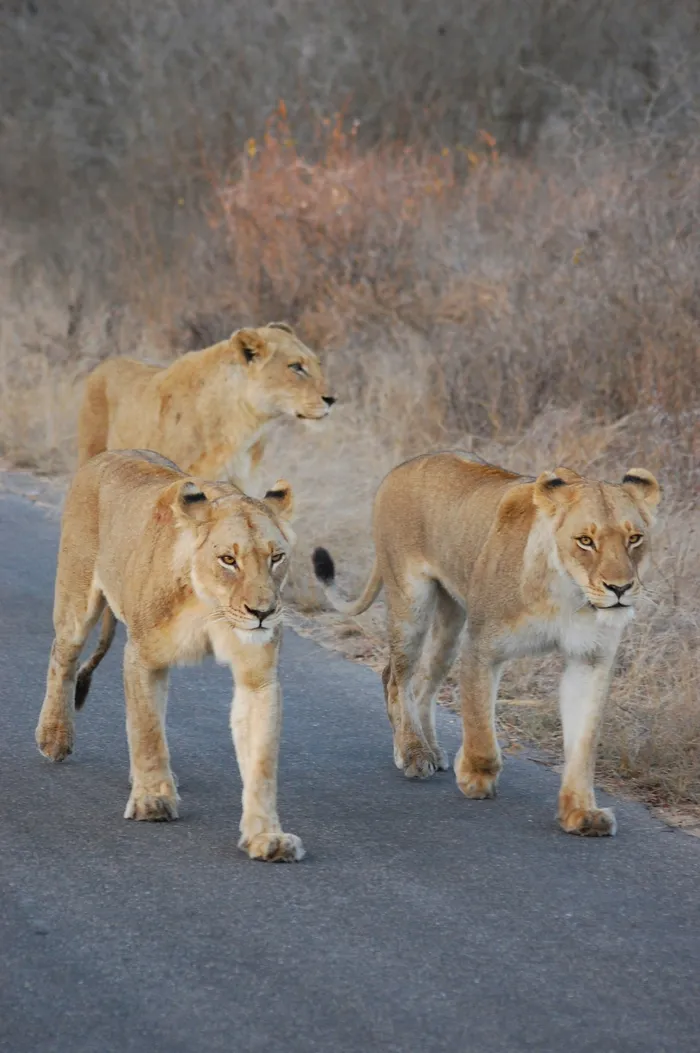
The National Council of Societies for the Prevention of Cruelty to Animals (NSPCA) called for the removal of legislative red tape and an improvement in the judicial system when it came to captive animals.
Image: Unsplash
The NSPCA has called for the removal of legislative red tape and an improvement in the judicial system when it comes to captive animals.
During a presentation to the Portfolio Committee on Forestry, Fisheries and Environment on Tuesday, national chief inspector and manager of the NSPCA Wildlife Protection Unit, Douglas Wolhuter, the said that in 2023 they advocated for no permits to be issued to new facilities; for a full audit of the lion farming industry; a moratorium on breeding; and putting an end to lion bone stockpiles.
He said that some of the challenges faced were a slow justice system and poor penalties for transgressors.
Wolhuter pointed out court prosecutions where the accused were found guilty and sentenced to a R4 000 fine or 12 months imprisonment, wholly suspended for 5 years, while another accused was sentenced to R5 000 fine or 10 months imprisonment, half of which was suspended for 5 years.
He said that during inspections they found an opium factory, lion cubs discarded in rubbish dumps and illegally kept shark fins and unpermitted lion meet.
The NSPCA is willing to partake in a co-ordinated inspection with the Department of Forestry, Fisheries and the Environment (DFFE) to carry out the required audits of facilities, he said.
“None of us can afford to allow the slow pace of getting the job at hand done,” Wolhuter said.
Among NSPCA inspection statistics include:
- 133 predator facility inspections in 2022
- 64 warnings issued
- 10 Animal Welfare Notices issued
- 75 captive lion facilities inspected in 2022
- 23 lions euthanised
- 176 captive lion facilities inspected in 2 years
The NSPCA was also concerned about snaring, which caused distress and suffering.
Acting chairperson of the committee, Ronalda Nalumango, said they must ensure continuous progress especially in addressing the gaps identified by the high-level experts.
She said the DFFE will hold a meeting later this month with the Department of Agriculture where they will reflect on the recommendations by the NSPCA.
“They pin-pointed areas where the legislature needed to improve and refine practices between the department and we recognise the challenges in prosecuting individuals,” she said.
Dr Lilian Managa, MP and committee member, said government must confront the issue head-on and engage meaningfully. She questioned why the existing legislation meant to protect animals, are not being implemented.
Andrew Dirk de Blocq van Scheltinga, MP and committee member, said it has a negative contribution to South Africa's reputation internationally in terms of tourism and unhealthy hunting practices.
"There are moral and judiciary reasons to follow through on the recommendations by the task team and panel. The fines are a slap on the wrist and we need to relook at the Animal Protection Act," he said.
Cape Argus
Related Topics:
